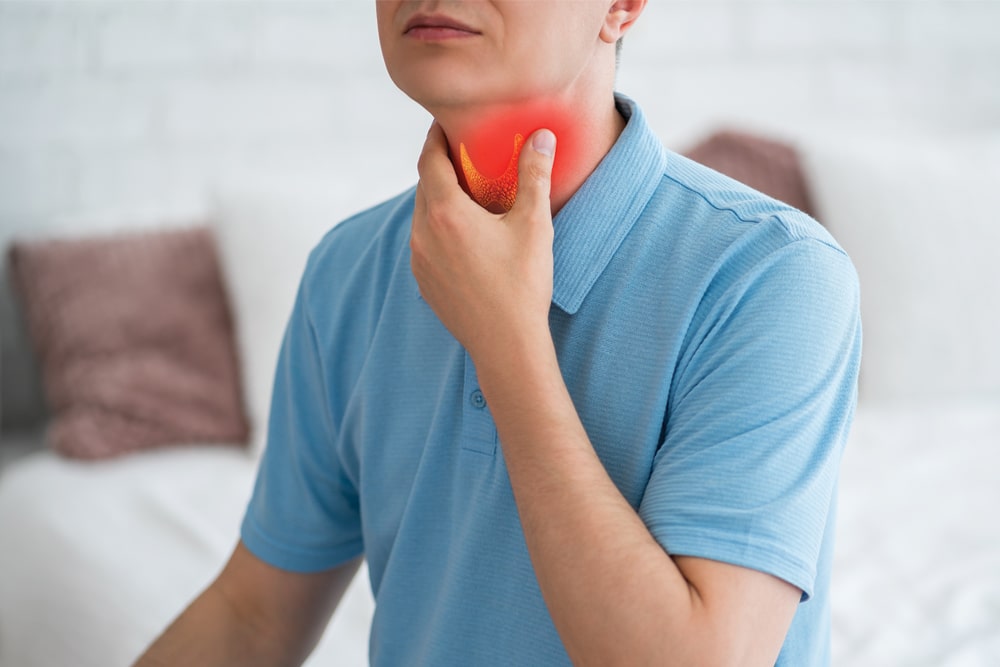What Is Gastric Adeno?
Gastric adeno is short for gastric adenocarcinoma. It's a type of stomach cancer that begins in the lining of the stomach. Early diagnosis gives you more treatment options and better outcomes. Dr. Rishi Chadha at GastroDoxs in Houston provides clear answers, expert care, and personal support for every patient.
What Causes Gastric Adeno?
- Long-term infection with H. pylori bacteria
- Family history of stomach cancer
- Chronic irritation or inflammation of the stomach lining
- A diet high in salty, smoked, or processed foods
- Smoking or heavy alcohol use
- Age over 50
Common Symptoms
- Indigestion or heartburn that doesn-t go away
- Bloating after small meals
- Feeling full very quickly (early satiety)
- Unintended weight loss
- Fatigue or low energy
- Nausea or light vomiting
How Dr. Rishi Diagnoses Gastric Adeno?
Dr. Chadha uses a step-by-step approach:
Medical History and Exam
He reviews your medical history, family history, current symptoms, and risk factors to understand your overall health.
Blood and Stool Tests
Lab work checks blood counts, nutritional markers, and stool tests look for hidden blood or infection.
Upper Endoscopy with Biopsy
An endoscope is passed through the mouth to view the stomach lining and obtain small tissue samples for pathology.
Imaging Studies
- CT scans to evaluate tumor size, location, and spread to lymph nodes or organs.
- Ultrasound or endoscopic ultrasound to assess the depth of invasion and involvement of nearby structures.
Frequently Asked Questions
What are early signs of gastric adeno?
Indigestion, bloating after small meals, and unexpected weight loss.
What raises the risk?
H. pylori infection, a poor diet (high in salty or processed foods), family history of stomach cancer, and smoking or heavy alcohol use.
How is it diagnosed?
Through an upper endoscopy with biopsy, blood and stool tests, plus imaging such as CT scans or ultrasound.
What are the treatment options?
Diet and lifestyle support, medications (PPIs, nutrition support, chemotherapy), surgery (endoscopic resection or laparoscopic removal), and targeted therapies.
What is carboplatin used for?
It's a chemotherapy drug that helps shrink or kill stomach cancer cells.
Is early-stage stomach cancer curable?
Yes. When detected early, treatment outcomes are much more successful.
Will changing my diet help?
Yes. Eating smaller, more frequent meals, choosing fruits, vegetables, and lean proteins, and reducing salt can ease symptoms.
What is targeted therapy?
A treatment that focuses on specific cancer cell markers to block tumor growth.
How often should I get checked?
It depends on your individual risk factors. Dr. Chadha will tailor a screening plan for you.
What's the first step after diagnosis?
Assemble a trusted care team. We'll help you plan treatment, supportive care, and next steps.










